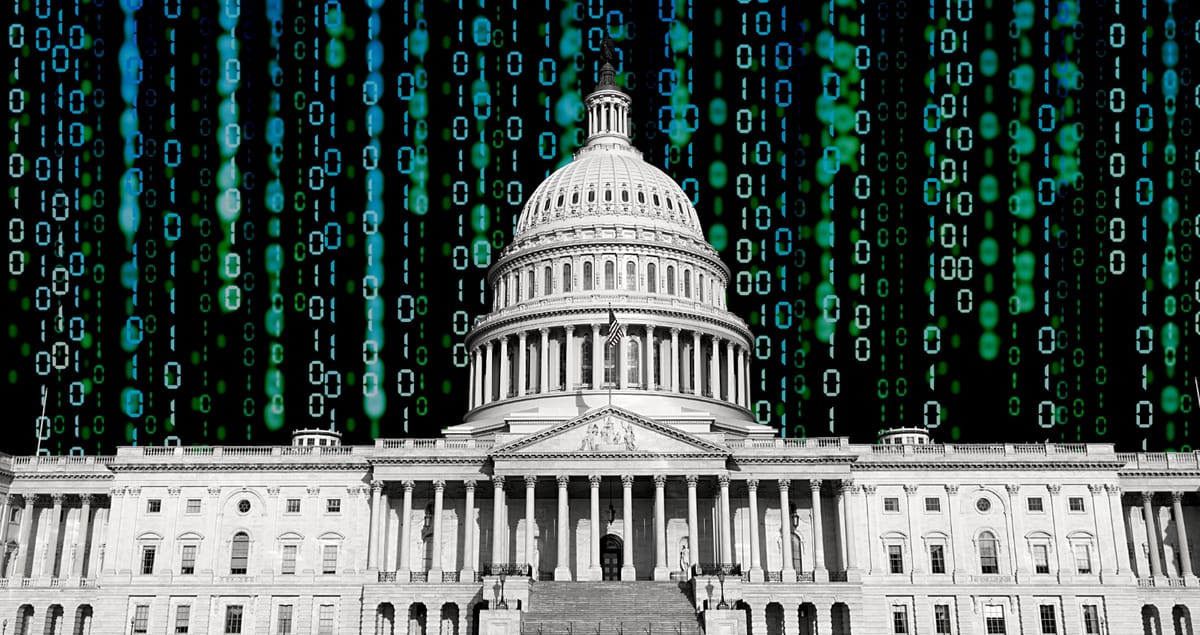OpenAI Facing FTC Investigation: Concerns And Analysis

Table of Contents
Data Privacy Concerns and OpenAI's Practices
OpenAI's models, renowned for their capabilities, are trained on vast datasets. This data includes publicly available information scraped from the internet, but also encompasses user data, raising critical data privacy concerns. The use of this data necessitates careful consideration of existing regulations like the GDPR (General Data Protection Regulation) in Europe and the CCPA (California Consumer Privacy Act) in the United States. Potential violations arise from several key issues:
- Lack of Transparency in Data Collection and Usage: Users often lack clear understanding of what data is collected, how it’s used, and for how long it's retained. This opacity undermines informed consent.
- Potential for Unauthorized Data Sharing or Misuse: The sheer volume of data handled by OpenAI raises concerns about the potential for accidental or intentional breaches, leading to data misuse or unauthorized sharing.
- Difficulties in User Data Deletion or Modification: Users might struggle to exercise their rights to delete or modify their personal data once it's incorporated into OpenAI's training datasets. The process of data removal from large language models is complex and currently lacks readily available solutions.
- Concerns about the Scope of Data Consent Obtained from Users: The consent mechanisms employed by OpenAI may not fully address the scope and implications of data usage within their powerful models. The FTC's focus here is likely on ensuring robust user consent practices, aligned with the principle of data minimization. The investigation will scrutinize whether OpenAI's data collection practices meet the standards of transparency and user control required by data privacy laws.
Algorithmic Bias and Fairness Issues in OpenAI Models
Algorithmic bias, a significant concern in AI, can lead to discriminatory outcomes. Bias in AI models can stem from biased training data, reflecting societal prejudices regarding race, gender, socioeconomic status, and other protected characteristics. This bias can manifest in various ways, potentially perpetuating and amplifying existing inequalities.
- Examples of Biased Outputs from OpenAI Models: While not always readily apparent, instances of biased outputs from OpenAI models have been reported in research papers and media, highlighting the challenge of creating truly unbiased systems.
- The Difficulty in Identifying and Mitigating Bias in Large Language Models: Identifying and removing bias from large language models is incredibly challenging, requiring sophisticated techniques and ongoing monitoring.
- OpenAI's Efforts (or Lack Thereof) to Address Algorithmic Bias: OpenAI has publicly acknowledged the challenge of bias and has stated its commitment to mitigating it, but the effectiveness of these efforts remains under scrutiny by the FTC.
The FTC's investigation will assess whether OpenAI has taken sufficient steps to address algorithmic bias and ensure fairness in its models' outputs, a key aspect of responsible AI development.
Safety and Misinformation Concerns Related to OpenAI Technologies
The power of OpenAI's technology brings with it significant safety and misinformation concerns. The potential for misuse is a major worry.
- Examples of Misuse or Potential Misuse Cases: OpenAI's models could be used to generate convincing fake news, create deepfakes, or craft sophisticated phishing attacks. The potential for malicious actors to exploit these capabilities is substantial.
- The Role of OpenAI in Mitigating These Risks: OpenAI has implemented some safety measures, but the scale of potential misuse demands robust and continually evolving safeguards.
- The FTC's Focus on Preventing Harm from AI-Generated Content: The FTC is likely concerned with OpenAI’s role in preventing the harmful consequences arising from its technology, focusing on measures to minimize the risk of misinformation and malicious use.
Solutions include enhanced content moderation, stricter access controls, and the development of more sophisticated detection mechanisms for AI-generated misinformation.
The FTC's Investigation: Potential Outcomes and Implications
The FTC investigation could result in several outcomes, including substantial fines, consent decrees requiring OpenAI to implement specific changes, or other regulatory actions. The implications extend far beyond OpenAI itself.
- Increased Regulatory Scrutiny of AI Companies: This investigation sets a precedent, likely leading to increased regulatory scrutiny of other AI companies and a push for more stringent AI regulations globally.
- Potential Changes to AI Development Practices: The outcome might force a reevaluation of AI development practices, emphasizing greater transparency, accountability, and safety measures.
- Impact on OpenAI's Future Innovation and Growth: The investigation's outcome will undoubtedly affect OpenAI's future innovation and growth, potentially slowing progress while fostering a more responsible approach.
This case sets a crucial precedent, influencing how other AI companies approach data privacy, algorithmic bias, and safety in their future developments.
Conclusion: Navigating the Future of OpenAI and AI Regulation
The OpenAI FTC investigation highlights critical concerns surrounding data privacy, algorithmic bias, and the safety implications of powerful AI technologies. The potential outcomes will significantly impact not only OpenAI but the entire AI industry, accelerating the need for clear and comprehensive AI regulations. To stay informed about the unfolding developments, follow updates on "OpenAI's FTC investigation updates," "OpenAI and FTC regulatory actions," and seek out detailed "analysis of OpenAI's FTC case" from reputable sources. The future of AI hinges on responsible innovation, and this investigation is a crucial step in shaping that future.

Featured Posts
-
 Konchita Vurst Ee Prognoz Na Pobediteley Evrovideniya 2025
May 24, 2025
Konchita Vurst Ee Prognoz Na Pobediteley Evrovideniya 2025
May 24, 2025 -
 Para Biriktirmede En Basarili 3 Burc
May 24, 2025
Para Biriktirmede En Basarili 3 Burc
May 24, 2025 -
 M56 Crash Paramedics Respond To Overturned Car Casualty Injured
May 24, 2025
M56 Crash Paramedics Respond To Overturned Car Casualty Injured
May 24, 2025 -
 Joe Jonas Responds To Couples Argument The Full Story
May 24, 2025
Joe Jonas Responds To Couples Argument The Full Story
May 24, 2025 -
 Failed Air Traffic Control Policy Newark Airports Ongoing Crisis
May 24, 2025
Failed Air Traffic Control Policy Newark Airports Ongoing Crisis
May 24, 2025
